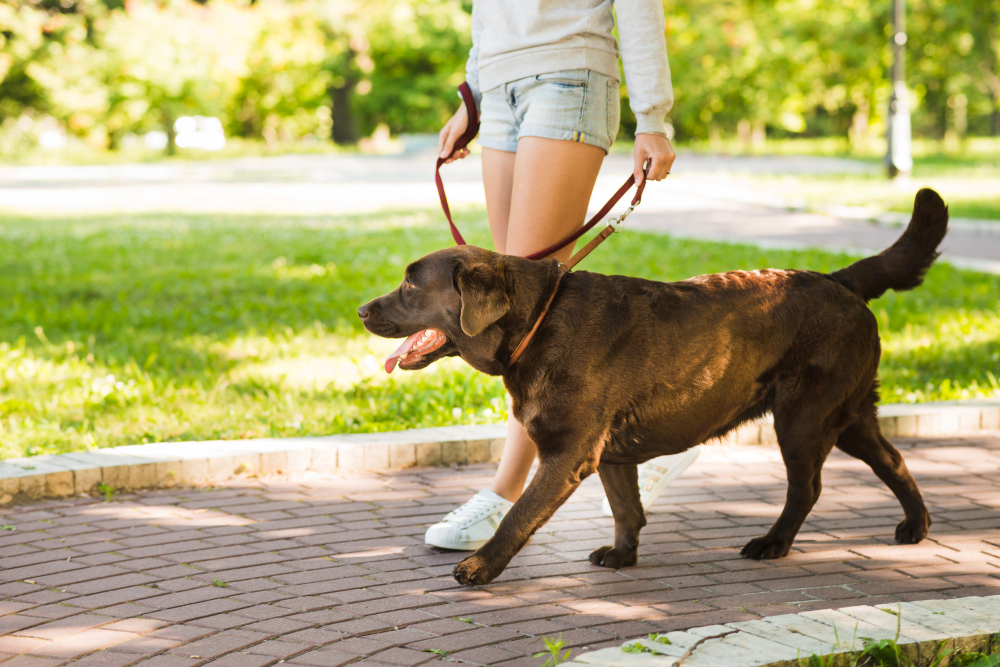THE HAPPY HEALTHY PET GUIDE
Taking care of your four-legged family members is your first job as a pet parent, and feeding, watering, exercising, and ensuring they’re happy are only the beginning!
Pets require more than tail wags and belly rubs to be in good condition. So here are the essentials for maintaining your beloved friend’s health and fitness for years to come.
- Make mealtime count
One of the most important ways to guarantee your pet’s long-term health is to offer him a balanced, nutritionally complete meal in the right amounts. Always check the food labels you choose, and avoid anything with many meat byproducts or substances that seem like science experiments. Try protein sources other than the “traditional three” without hesitation (chicken, beef and pork). Diets centred on fish are good for you, provide anti-inflammatory Omega-3 fatty acids, and are less harmful to the environment. Keep in mind that since cats are obligate carnivores, only cat food will satisfy their dietary requirements.
- Snack smartly
Try natural goodies like fresh vegetables like celery and carrots. Add unique pleasure and a potent dose of essential vitamins to snack time; share an egg, chickpeas, or plain yoghurt. NEVER offer a dog a bone as a chew reward since the pieces might shatter when chewed and can harm your dog’s intestines. Choose strong rubber toys or Himalayan yak milk dog chews instead, and watch over your pet at all times while he’s chewing.
- Keep both body and mind in motion
Regular exercise helps prevent obesity, one of the most debilitating avoidable disorders, and creates a robust and healthy pet. Based on your pet’s age, breed, and health, your veterinarian might suggest a specific exercise routine. Being physically active promotes digestion, fosters self-esteem, and controls unhealthy behaviours. It also maintains heart healthy. In addition, improve brain function by engaging in mental exercises, including puzzle games, food or treat hunts, and obedience training (yes, even cats can be trained!). Maintaining your pet’s synapses will prevent age-related cognitive loss and keep him bright long into the old life.

- Take proper precautions
Making a vet appointment for your new pet is one of the first things you should do after bringing him home. Your veterinarian will advise you on the fundamentals of good pet keeping, including spaying and neutering, vaccinations, microchipping, and parasite control.
- Your pet will be protected against infections and several forms of cancer if you alter them.
- Giving your canine companion the proper vaccinations will lay the groundwork for a lifetime of excellent health.
- If your pet ever goes lost, a permanent form of identification is provided via microchipping.
- Keep your pet healthy, disease-free, and itch-free with parasite preventive measures, including flea, tick, and heartworm medications!
- Don’t forget about dental health!
More than just preventing foul breath is involved in guarding a pet’s pearly whites. Dental infection-related germs entering the circulation have been linked to kidney, heart, and liver illnesses, among other diseases that don’t simply impact the mouth. Starting a dental health routine early is crucial because it’s thought that by the age of 3 years, 70 to 80 per cent of pets already exhibit periodontal disease symptoms. Use dental treats, mouth rinses, and plaque-prevention gels to keep your pet’s teeth healthy and brush them once a day. Your pet’s life can be extended by two to five years by preventing periodontal disease!
- Get pet insurance for the unexpected
Getting pet insurance coverage for accidents and diseases might assist pay for unforeseen veterinarian services (like when your Lab chews a hamper full of socks!) since no matter how much you prepare for your pet’s health, you can never fully predict it. Instead, choose a plan that reimburses you based on actual vet costs and covers hereditary and chronic disorders (not a benefit schedule). Making decisions about your pet’s medical treatment based on what’s best for him – not what will cost the least – is possible when you protect your pet with health insurance coverage. All furry pals should have pet insurance, according to Adopt-a-Pet.com.








